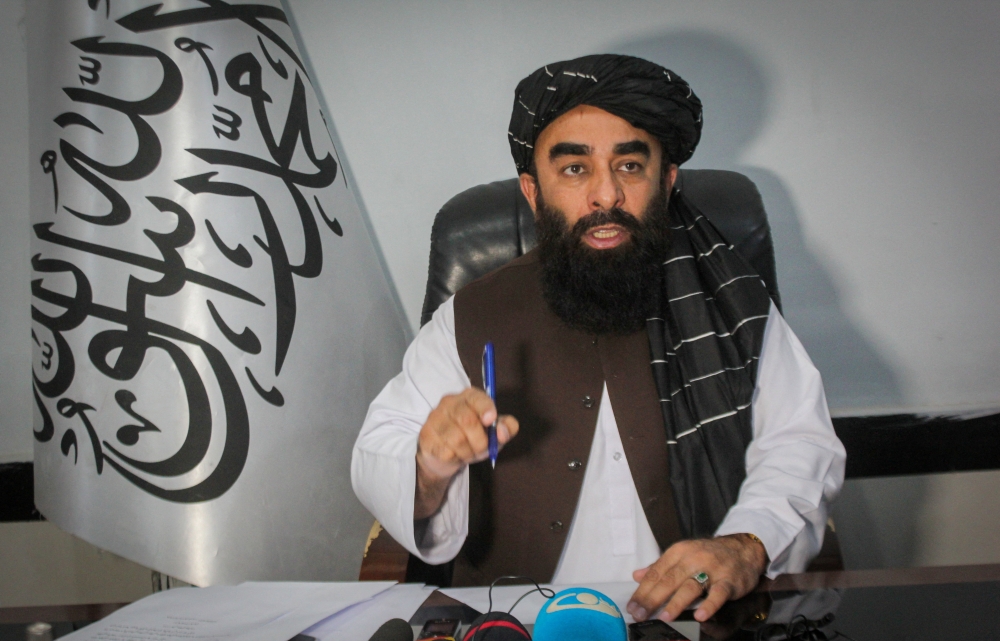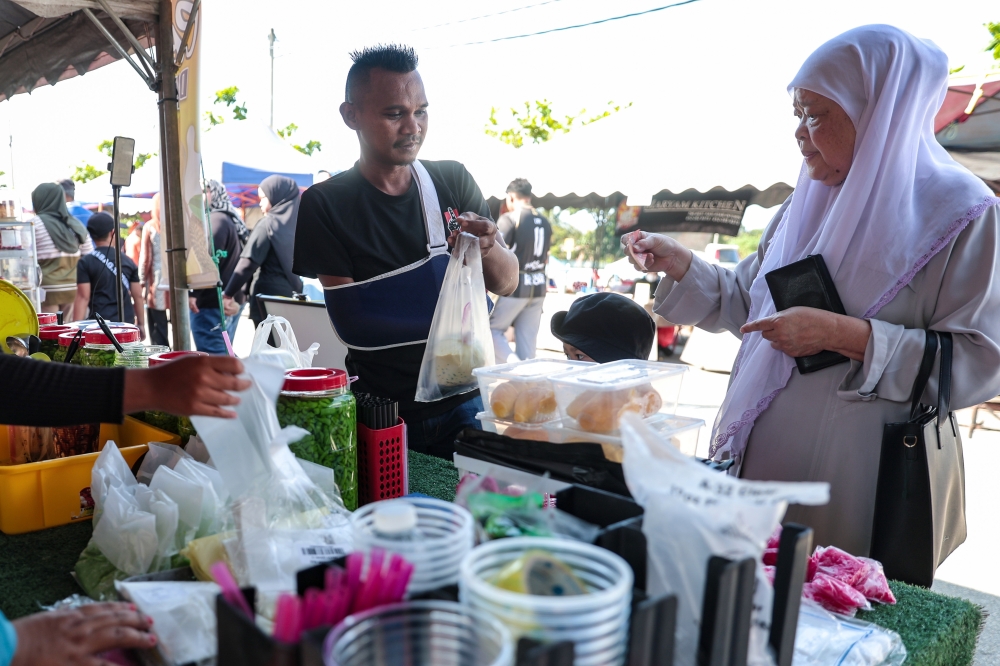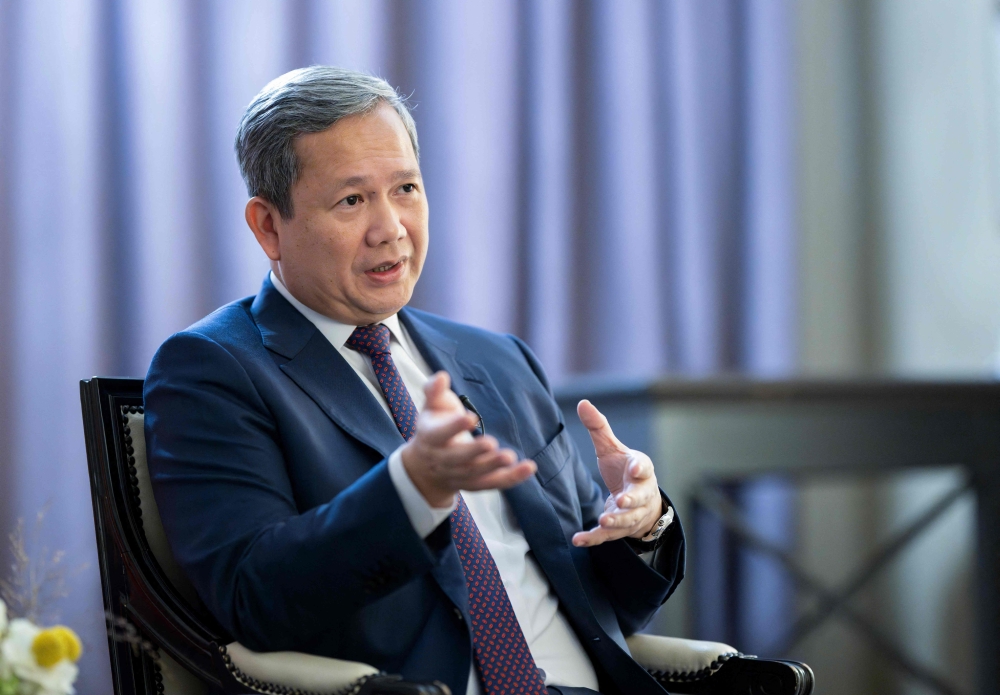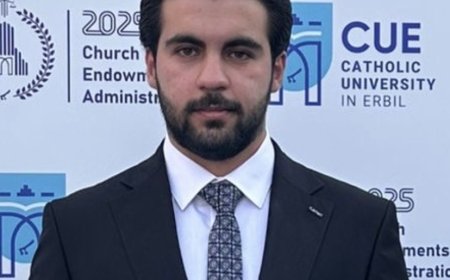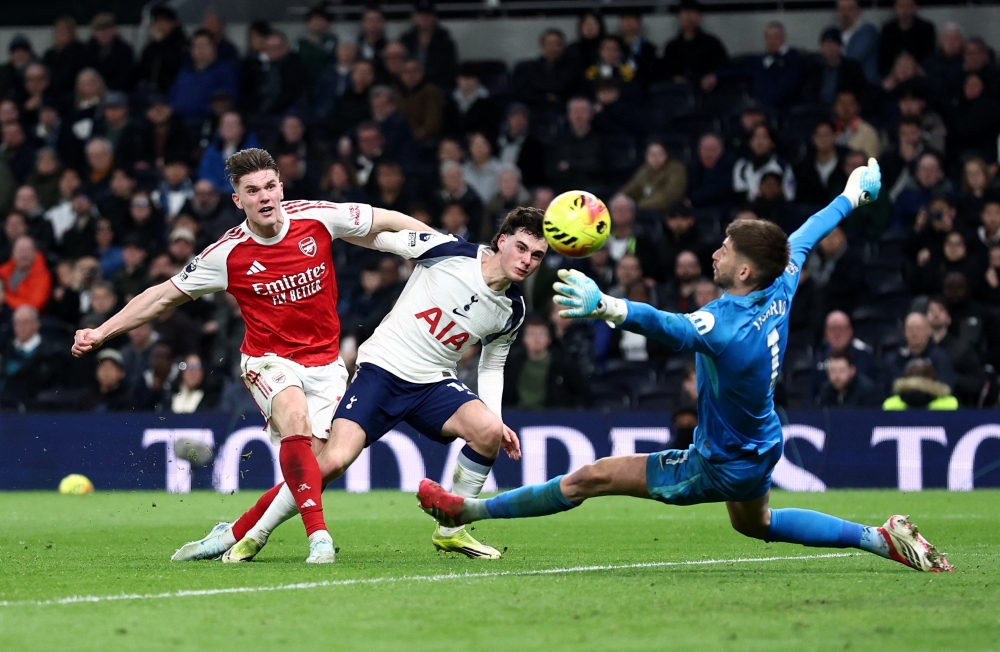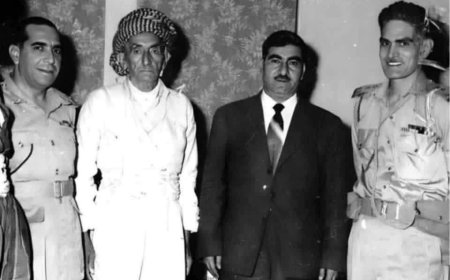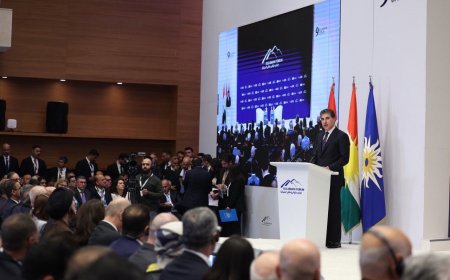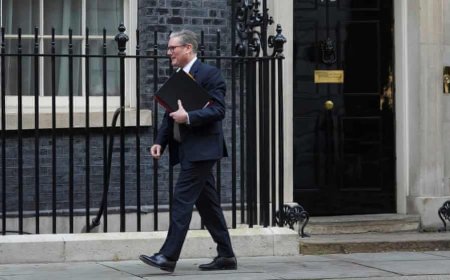Deferred Independence: Poetics of Political Failure in the Global South
Dr. Sirwan Abdulkarim Ali / Political analyst and academic

From the time many African nations had become independent in the mid-twentieth century, the dream of liberation has largely turned into a prolonged disappointment. Independence, instead of ushering in an age of justice and citizenship, often became the beginning of a new era of internal domination. Colonial powers departed, but the colonial mentality remained, this time wearing the mask of nationalism. What is said about Africa can also be said about large parts of the Arab world and the Global South, where the postcolonial state still struggles to free itself from the logic of dependency, fear, and inherited power.
Most postcolonial governments continue to frame themselves as the eternal victims of colonialism. Colonialism may be said to have inflicted deep wounds, economic exploitation, cultural humiliation, and social fragmentation, but to keep invoking the same excuse seventy years later has become intellectually dishonest and politically convenient. History has been turned into a shield behind which rulers hide their incompetence. The elites that lead these states reproduce the very behaviours of the colonisers they once denounced: repression, corruption, and the silencing of dissent.
In many African and Middle Eastern countries, “independence” has become rhetorical performance rather than a political reality. The coloniser has been replaced by the autocrat, and the slogans of liberation now serve to justify the captivity of the people. Across Africa, political leadership often passes from father to son as though the nation were a family estate. Republics have become monarchies in disguise. Constitutions are rewritten, presidential terms extended, and elections staged to preserve dynastic continuity. The ruler is portrayed as the saviour of the nation, and criticism of him becomes synonymous with treason. The flag, the anthem, and the leader’s portrait are fused into one sacred image, while state institutions decay beneath the surface.
This pattern extends far beyond Africa; it is a defining trait of developing countries. The state becomes a personal property, and loyalty to the leader replaces loyalty to law. Wealth and influence remain concentrated among a narrow elite, while the concept of citizenship has eroded into a system of patronage. Elections in many of these states are neither instruments of representation nor mechanisms of change; they are rituals of legitimacy. Electoral commissions, designed to appear neutral, are often instruments of manipulation. Results are predetermined, and opposition candidates are either co-opted or crushed. Coalition governments, widely celebrated as inclusive, frequently serve as instruments for sharing resources among political elites rather than serving public welfare.
The politics of fear dominates public life. Governments invoke national security, foreign conspiracies, or the threat of instability to justify censorship and emergency laws. In this climate, the vocabulary of democracy is retained while its essence is lost. Stability becomes the excuse for stagnation, and reform is forever “delayed until the situation improves.” Across the Global South, especially in parts of Africa and the Middle East, political coalitions often operate as economic syndicates rather than ideological alliances. Parties that were once revolutionary evolve into rent-seeking entities trading loyalty for financial access. The role of opposition is not to reform but to wait for its turn to share in the spoils and trappings of power. In such systems, the purpose of politics is not service but survival.
Public wealth is distributed as a reward for allegiance; ministries become sources of income rather than platforms for policy. The result is visible everywhere: collapsing schools, hospitals without medicine, and public roads that lead nowhere. The citizen becomes a spectator in a political game whose rules he never wrote.
Ironically, today’s authoritarian rulers often recycle the same colonial logic they once opposed. The colonisers once claimed that the natives were “not ready for democracy”. Their successors now use the same argument to justify dictatorship. The result is a kind of internal colonialism, where power is centralised and populations are treated as incapable of self-governance. National symbols, flags, hymns, heroic narratives, are deployed to mask this continuity. The postcolonial ruler becomes both the coloniser and the colonised: they resist foreign control while reproducing its mechanisms domestically. The tragedy lies in the normalisation of oppression under the banner of patriotism.
Africa is a prime example of how natural resources do not guarantee prosperity and natural resources became the source of weakness. The continent is rich in gold, diamonds, and oil, yet many of its people live in poverty. The issue is not scarcity but mismanagement. In resource-rich states, wealth fuels corruption rather than development. Oil and minerals finance private armies, propaganda networks, and security forces everything except education and healthcare. This paradox echoes throughout the Third World. The greater the wealth, the deeper the inequality. The state feeds on its own resources, and citizens remain beggars at the gate of abundance.
Academics, writers and poets in such contexts often face a moral dilemma. Some become mouthpieces of the regime, composing hymns of loyalty disguised as patriotic art. Others retreat into silence, either out of fear or despair. The intellectual’s social mission, once to challenge power, has in many cases become an exercise in survival. State-controlled media glorifies authority, and dissenting voices are framed as agents of chaos. When culture loses its conscience, propaganda replaces poetry, and the artist becomes a courtier rather than a critic.
Africa is in this sense more than a geographical entity; it is a metaphor for the condition of much of the world. From Asia to Latin America and the Middle East, the symptoms are identical: embedded elites cling to power, youth are deprived of opportunity, and societies are trapped between foreign influence and domestic authoritarianism. Flags differ, languages differ, but the logic of failure remains constant. The real struggle in the 21st century is no longer between coloniser and colonised, nor between East and West, but between freedom and corruption, between moral accountability and institutional decay. The enemies of progress are not external forces alone but the internal systems that perpetuate fear and dependency.
True liberation begins when societies stop blaming history and start confronting themselves. Political independence without moral and institutional renewal is merely a change of uniforms. After decades of superficial sovereignty, many countries in the developing world require a second independence, from internal tyranny, from foreign manipulation, and from the culture of excuses. The postcolonial world’s tragedy is not only that the coloniser once ruled it, but that it continues to imitate him. So long as nations glorify power rather than justice, they will remain free only in flag and anthem. The future of the developing world will not be written by its rulers or its critics abroad, but by the courage of its citizens to demand accountability from those who speak in their name. The lesson from Africa, and from everywhere that suffers the same fate, is that the battle for dignity begins at home.

